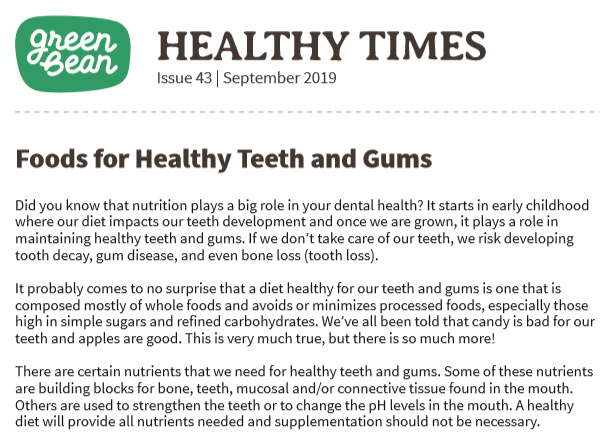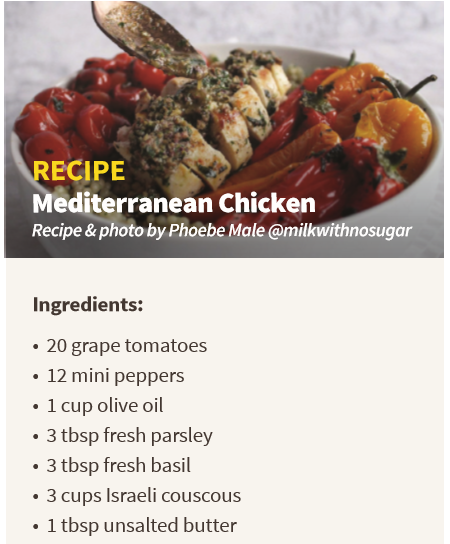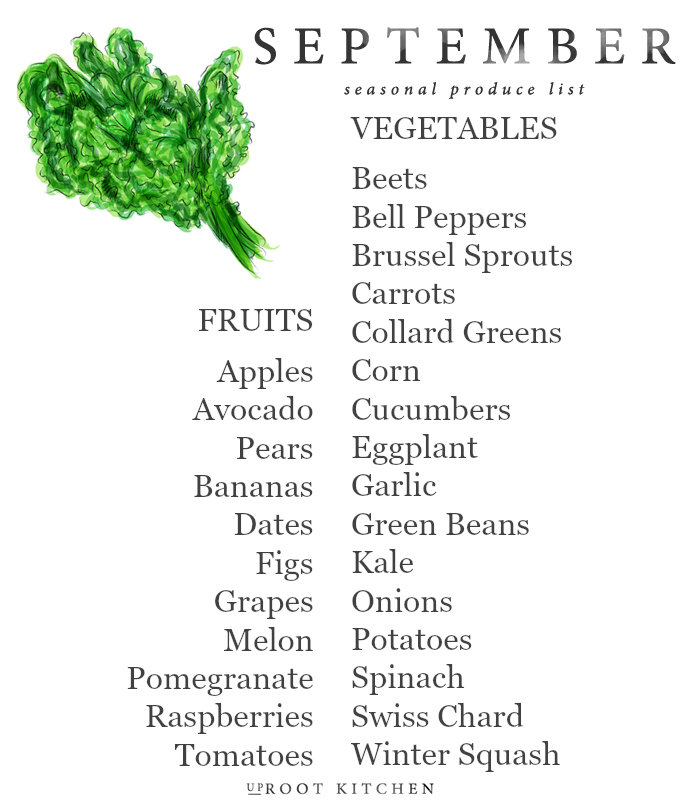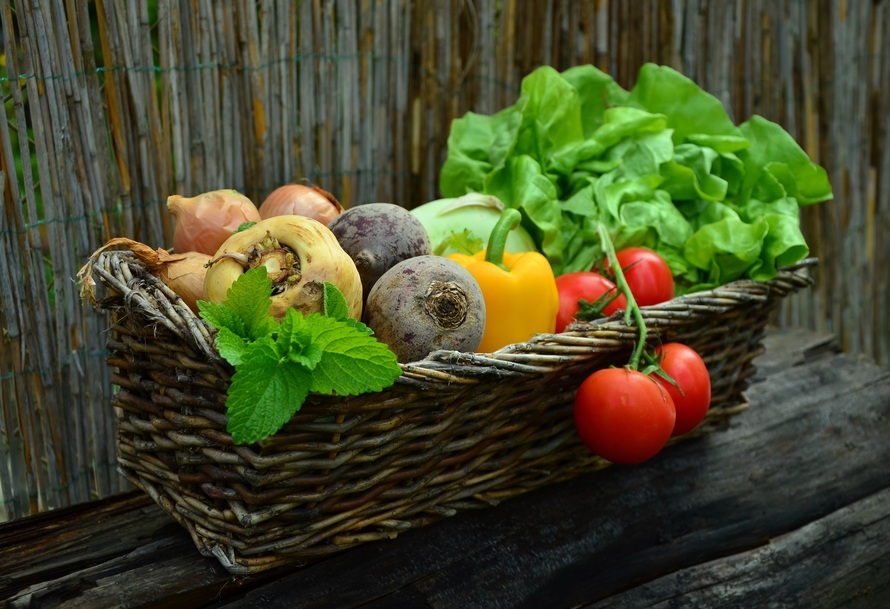Mediterranean diet is a generic term based on the typical eating habits in the countries that border the Mediterranean Sea. Elements include dairy products, fish and poultry being more common than red meat; fruits, vegetables, bread and other cereals, potatoes, beans, nuts and seeds; use of olive oil; wine consumed in low to moderate amounts. These diets have similarities to the American Heart Association’s dietary recommendations, except a relatively high percentage of calories in Mediterranean-style diets come from fat.
What is the “Mediterranean” diet?
There’s no one “Mediterranean” diet. At least 16 countries border the Mediterranean Sea. Diets vary between these countries and also between regions within a country. Many differences in culture, ethnic background, religion, economy and agricultural production result in different diets. But the common Mediterranean dietary pattern has these characteristics:
- high consumption of fruits, vegetables, bread and other cereals, potatoes, beans, nuts and seeds
- olive oil is an important monounsaturated fat source
- dairy products, fish and poultry are consumed in low to moderate amounts, and little red meat is eaten
- eggs are consumed zero to four times a week
- wine is consumed in low to moderate amounts
Does a Mediterranean-style diet follow American Heart Association dietary recommendations?
Mediterranean-style diets are often close to our dietary recommendations, but they don’t follow them exactly. In general, the diets of Mediterranean peoples contain a relatively high percentage of calories from fat. This is thought to contribute to the increasing obesity in these countries, which is becoming a concern.
People who follow the average Mediterranean diet eat less saturated fat than those who eat the average American diet. In fact, saturated fat consumption is well within our dietary guidelines.
More than half the fat calories in a Mediterranean diet come from monounsaturated fats (mainly from olive oil). Monounsaturated fat doesn’t raise blood cholesterol levels the way saturated fat does.
The incidence of heart disease in Mediterranean countries is lower than in the United States. Death rates are lower, too. But this may not be entirely due to the diet. Lifestyle factors (such as more physical activity and extended social support systems) may also play a part.
Before advising people to follow a Mediterranean diet, we need more studies to find out whether the diet itself or other lifestyle factors account for the lower deaths from heart disease.
heart.org/en/healthy-living/healthy-eating/eat-smart/nutrition-basics/mediterranean-diet








